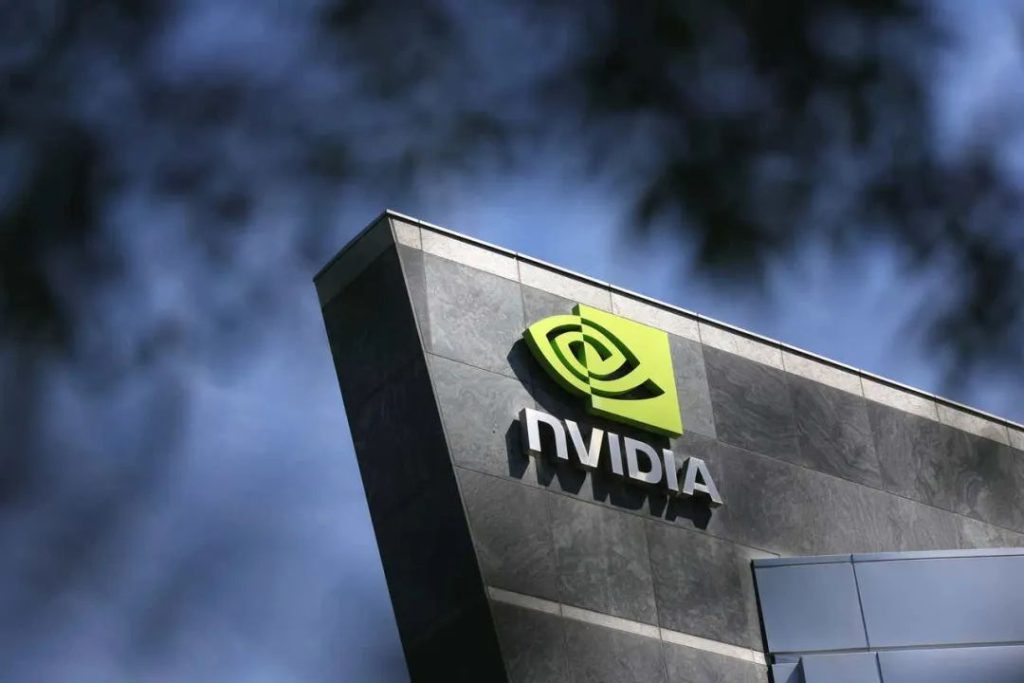NVIDIAas an industry benchmark in the field of AI and graphics technology, its interviews use high standards to select talents with excellent technical and comprehensive abilities. There are many students who have received offers from NVIDIA under the leadership of ProgramHelp. Today we invite one of them to break down the key to passing the NVIDIA interview from the interview process, core question types to classic programming questions.
NVIDIA interview process
- Resume screeningWe focus on academic background, project experience and job fit, algorithmic ability and GPU-related experience for technical positions, and business results for non-technical positions.
- Written exams (some positions): The technical post tests knowledge of algorithms and GPU architecture, with questions on LeetCode algorithms and specialized short-answer questions.
- Interview session:
- One side (technical): Digging deep into the details of projects and writing code by hand; technical posts cover issues such as GPU acceleration and deep learning, and non-technical posts test business understanding.
- Side two (cross-side): Technical posts challenge system design or cutting-edge technology exploration, and non-technical posts assess cross-departmental collaboration skills.
- HR face: Communicate career plans, corporate culture fit and salary packages.
NVIDIA Interview Question Type
- technical post: Algorithm programming, GPU/CUDA principles, system design, project technical details.
- Non-technical posts: Business strategies, case studies, and cross-departmental collaboration scenario simulations.
NVIDIA Interviews Real Questions: Three Programming Questions
True Question 1: GPU Parallel Matrix Multiplication
Question description: Parallel matrix multiplication using CUDA with input matrices A(M×K) and B(K×N) and output matrix C(M×N). It is necessary to reasonably allocate thread blocks and optimize the efficiency of video memory access.
a = [[1, 2], [3, 4]]
b = [[5, 6], [7, 8]]Output:
[[19, 22], [43, 50]]Question 2: Image Edge Detection Acceleration
Question description: Based on NVIDIA GPUs using CUDA accelerated Canny edge detection algorithm. Input grayscale image matrix, output edge image (binary matrix).
[40, 50, 60], [40, 50, 60], [40, 50, 60], [70, 80, 90]]
[70, 80, 90]]exports:
[[0, 1, 0],
[1, 0, 1],
[0, 1, 0]]True Question 3: Optimization of Video Frame Classification Task
Question description: Given video frame data ([frame number, height, width]), use PyTorch with GPU to implement a real-time classification model, which is required to process 100 frames in 1 second, and the timeout needs to be optimized.
video_frames = torch.randn(100, 224, 224) # simulates 100 frames of imagesexports:
List of categorized results (e.g. [0, 1, 0, ...])Want to succeed at top tech companies like NVIDIA?

ProgramHelp is a professional team that focuses on technical interview coaching and has helped hundreds of students find jobs in well-known companies such as NVIDIA, Google, and Meta. Whether it’s remote interview assistance or a proxy interview, we guarantee it will be done in person. Contact us today to start your journey to success!


